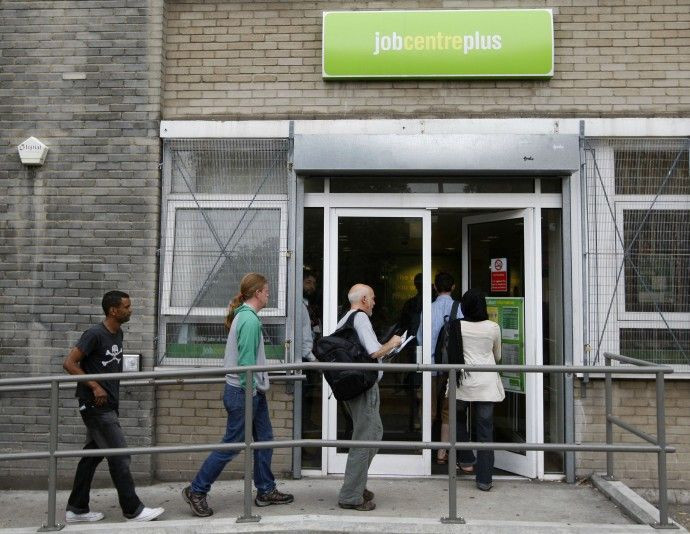Bulk of new jobs in UK going to younger or older workers: CIPD

British people in mid-career (those between the ages of 35 and 49) are losing out on new jobs and younger or older workers obtain the bulk of newly-created positions, according to s study from the UK’s The Chartered Institute of Personnel and Development (CIPD).
Of the 350,000 new jobs created in Britain in 2010, fully two-thirds have gone to younger people aged under-35, with the remainder filled by people aged above-50.
People in the 35-49 year age bracket - easily the largest single age demographic in the workforce, comprising almost 11 million workers - have therefore missed out and continue to register a rise in unemployment, CIPD said.
The number of Britons between the ages of 35-49 who are currently employed has declined by 2.9 percent since the start of the recession in spring 2008.
“It is not clear why 35-49 year olds have so far been bypassed by the jobs recovery,” said John Philpott, the CIPD’s chief economic adviser.
“One possibility is that this group has received less help and support from policy makers than either younger or older people. Despite losing out in the recovery, middle aged workers still have relatively high employment rates and relatively low unemployment rates so don’t figure on the radar of social concern.”
Philpott added that another possibility is that because middle aged workers are at, or approaching, their peak career earnings they may be less attractive to some employers than younger or older workers who can be employed at less cost. Or it could be that for people in mid-career, and at a time of life when their role as family breadwinner is at its height, the prospect of downshifting into a part-time or temporary job is not an attractive option, while alternatives open to the younger and older person such as entering a course of study or early retirement are not practical.”
The fact that such a large and core part of the workforce has been slow to benefit from the jobs recovery makes it easy to understand why so many people remain unconvinced that the economy is really improving, Philpott added.
“Things should improve for this group once the economy starts to generate more full-time and permanent jobs,” he said.
“But with slower growth likely in 2011, ‘middle aged Britons’ may continue to feel bypassed in the labor market for a little while longer yet.”
The CIPD study also revealed that just under one-third (30 percent) newly-created jobs went to the self-employed. Also, a great many of new jobs are part-time positions.
“There has been no recovery in full-time permanent jobs for employees,” CIPD stated. “1.14-million part-time workers (14 percent of the total of 7.8 million) are ‘frustrated part-timers’ who really want full-time jobs. Likewise, 0.6 million temporary employees (38 percent of the total of 1.5 million) want permanent jobs. “
© Copyright IBTimes 2024. All rights reserved.





















